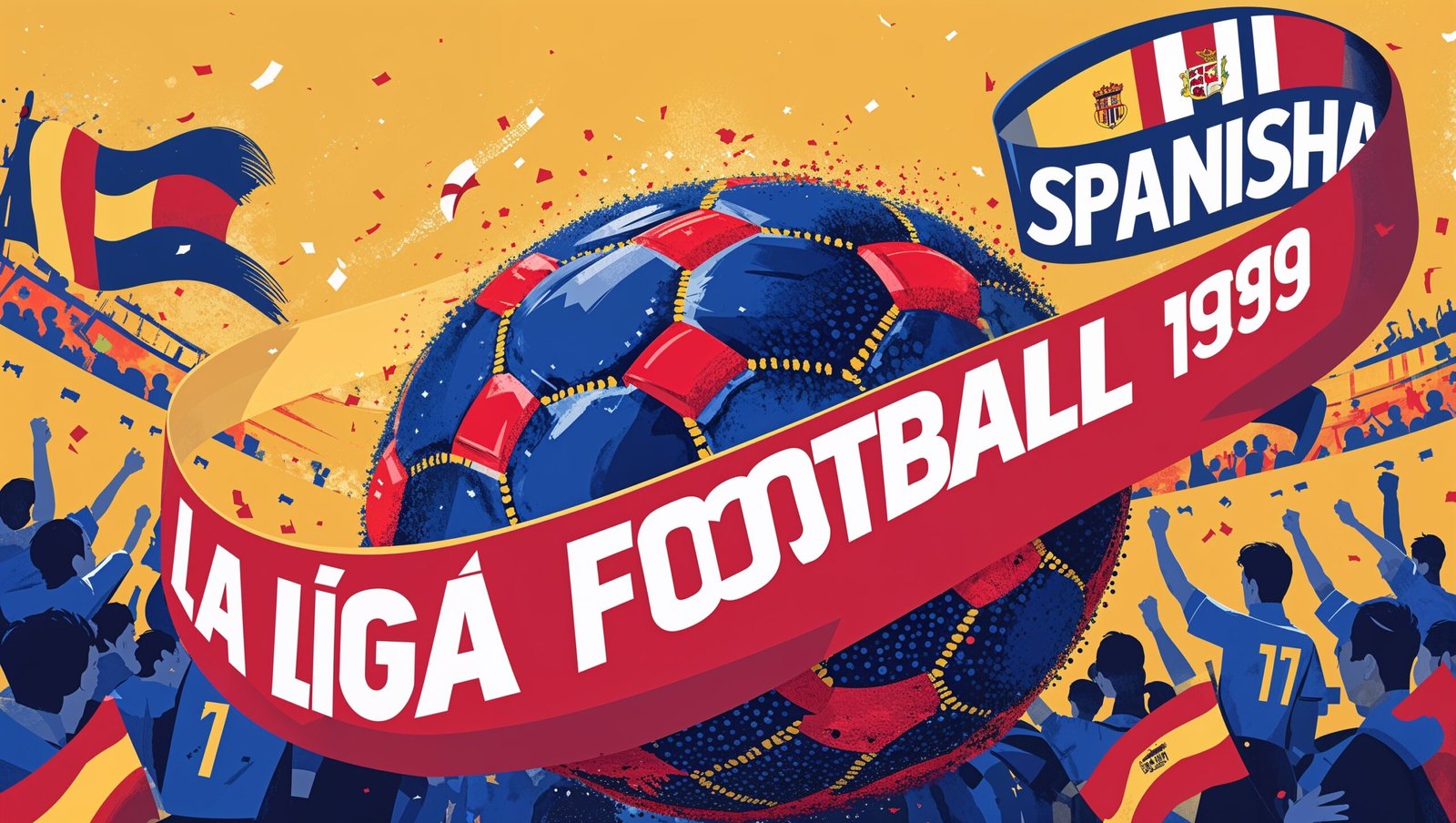Introduction to La Liga
La Liga, also officially known as the Primera División, stands tall amongst the most prestigious football leagues worldwide. It encapsulates a medley of storied clubs, passionate fans, and a rich history that transcends the boundaries of Spain. Established in 1929, the league has been the battleground for footballing giants, such as FC Barcelona and Real Madrid, serving as the quintessential furnaces where legends are forged.
A Brief History of La Liga
The inception of La Liga is rooted in the early years of the 20th century, marking a seminal moment in Spanish sports. The league commenced with ten teams, each vying for supremacy in a newly formulated competition structure. Over the decades, it has burgeoned into a 20-team roster, where relegation and promotion keep the competition fiercely unpredictable, reminiscent of the wild and winding paths of the Iberian terrain.
Some Prominent Clubs
Real Madrid C.F.
Real Madrid, synonymous with European supremacy, holds an enviable assemblage of league titles, underscored by their iconic Santiago Bernabéu Stadium. The club, with its gilded history, represents not only sporting excellence but also serves as a cultural touchstone within Spain.
Futbol Club Barcelona
FC Barcelona, frequently dubbed “Barça,” is much more than just an assembly of elite athletes; it is an emblematic institution within Catalonia. The club’s philosophy of “Mes que un club” (More than a club) underscores its deep-rooted societal and political connotations, highly reflective of the indomitable Catalan spirit.
Atlético Madrid
Atlético Madrid, often seen as the spirited underdog, paints a narrative of resilience and tactical mastery. Their vibrant and dauntless supporters have seen their club usher in a new era of success under the stewardship of manager Diego Simeone, particularly celebrated for their defensive prowess and counter-attacking prowess.
La Liga’s Uniqueness
What sets La Liga apart is the intricate ballet of its gameplay – a nuanced and highly tactical approach that melds individual brilliance with collective ingenuity. Unlike other footballing nations where physicality might take center stage, the Spanish league is punctuated with finesse and panache, dancing to the rhythm akin to a flamenco performed beneath the Alcázar’s watchful eyes.
Influence on Global Football
Beyond the borders of Spain, La Liga exerts monumental influence over the global football cosmos. This league has been a fertile ground for prodigious talents who have gone on to leave indelible marks on world football, akin to constellations glittering anew on the celestial canvas. Renowned players like Lionel Messi, Cristiano Ronaldo, Zinedine Zidane, and Ronaldinho have graced its lush green fields, bringing to life the poetic dynamism of the sport.
Seasonal Structure
Typically commencing in August, each La Liga season unfurls over 38 matchdays, where teams face each other home and away, encapsulating a lengthy yet enthralling journey reminiscent of the celebrated Spanish Camino. Teams accumulate points through victories and draws, their standing within La Liga acting as a barometer of success and, by the season’s end, a determinant of European qualifications and relegation.
Economic Impact and Significance
The economic impact of La Liga on the Spanish economy is significant, contributing billions of euros annually. The league acts as a robust engine of financial activities, stimulating tourism and hospitality sectors, particularly in vibrant match-hosting cities like Madrid, Barcelona, and Seville – vital cogs in the Spanish economic landscape.
La Liga’s Future Prospects
As we gaze toward La Liga’s horizon, the league remains poised for evolution. Initiatives such as introducing cutting-edge technologies, expanding global reach, and embracing sustainability signal its intent to adapt to modern imperatives while retaining the time-honored traditions that make it a beloved spectacle globally.
People Also Ask
What is La Liga known for?
La Liga is renowned for its high quality of football, featuring adept technical play, historic rivalries such as El Clásico, and hosting some of the world’s most iconic football clubs and players.
How many teams are in La Liga?
La Liga consists of 20 teams that compete annually for the championship, with the bottom three teams facing relegation to the Segunda División.
Who has won the most La Liga titles?
Real Madrid holds the record for the most La Liga titles, showcasing its dominance throughout the league’s storied history.
How can clubs qualify for European competitions from La Liga?
The top four teams in La Liga qualify for the UEFA Champions League, while the fifth and sixth placed teams may enter the UEFA Europa League.
When was La Liga founded?
La Liga was founded in 1929, starting with just ten teams, it has since expanded and evolved into one of the premier sports leagues worldwide.







